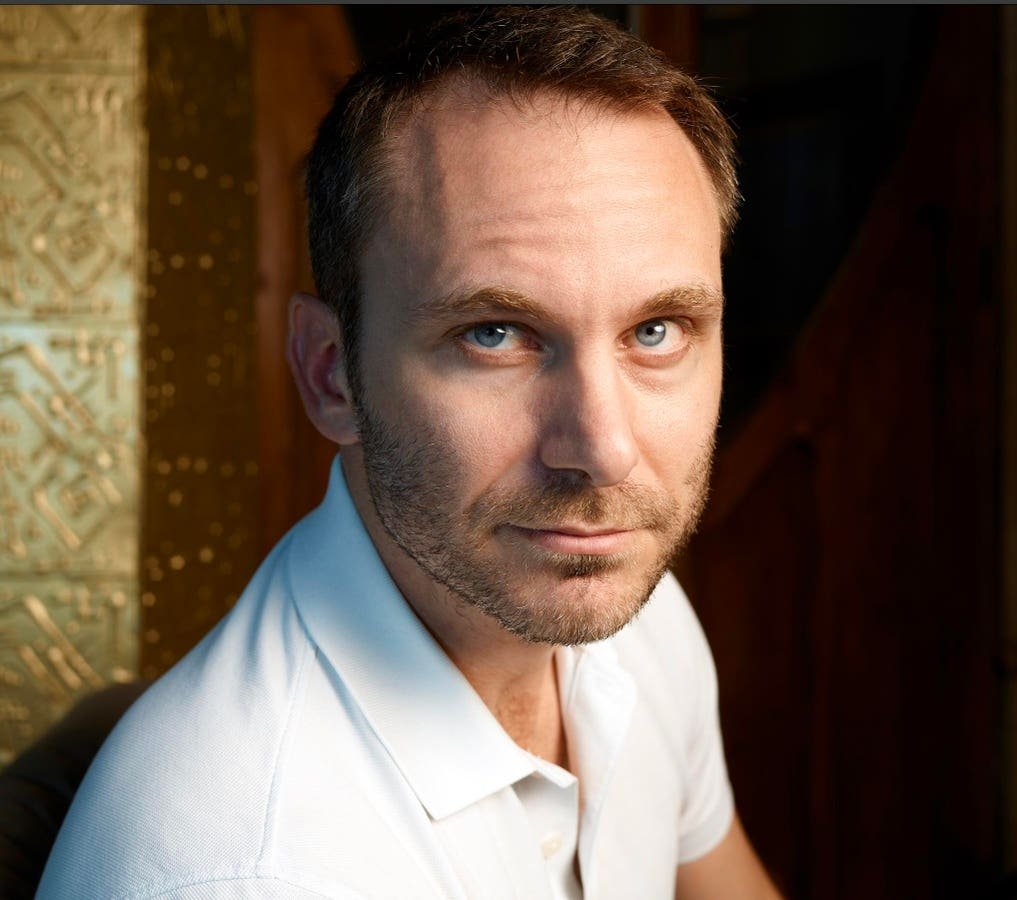How Tether, a $114 billion stablecoin issuer, has evolved its strategy since Paolo Ardoino became CEO in December, transforming from just a stablecoin company to focusing on disintermediation in various industries. They are looking at peer-to-peer communication, artificial intelligence, and education in addition to finance. Ardoino emphasized the importance of disintermediation, resiliency, and independence in building for the apocalypse, ensuring that local communities are self-sustaining without depending on decisions made elsewhere.
Tether has been profitable, with over $11 billion in profits in the last two years, allowing them to invest in various technologies and initiatives without having to distribute their profits. They are focused on building products that make sense and have a clear value proposition, rather than launching chains for the sake of it. Ardoino also discussed their decision to stop servicing certain chains, including Algorand, based on usage and ecosystem considerations.
Regarding audits, Ardoino acknowledged the challenges in getting a third-party audit due to regulatory issues in the crypto industry. He emphasized the segregation of funds and the investments made through separate entities to ensure the security of USDT holders. Ardoino also addressed the role of Tether and Bitfinex in his leadership, stating that he will delegate more if necessary but currently has time to focus on both roles effectively.
On the topic of the impact of the presidential election on Tether and cryptocurrencies, Ardoino highlighted the importance of regulatory clarity from the U.S. government. He expressed hope that a more pro-crypto government would encourage auditing firms to work with crypto companies. Ardoino also discussed the competition from other stablecoins like State Street’s and the launch of yield-bearing stablecoins, explaining why Tether does not share yield with token holders and the profitability of their model.
Lastly, Ardoino shared his thoughts on managing the Treasury portfolio and navigating potential changes in interest rates and inflation. He also addressed the new crypto legislation in Europe, MICA, and how it might impact European-based exchanges’ listing of USDT. Ardoino expressed concerns about certain requirements in MICA, such as the 60% cash deposit requirement, emphasizing the need for discussions with regulators to ensure stability and prevent systemic risks in the banking sector.

